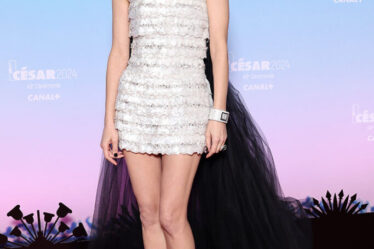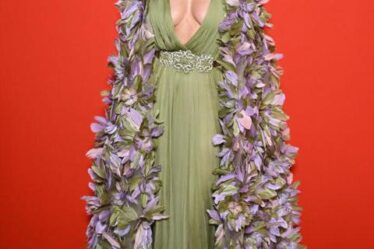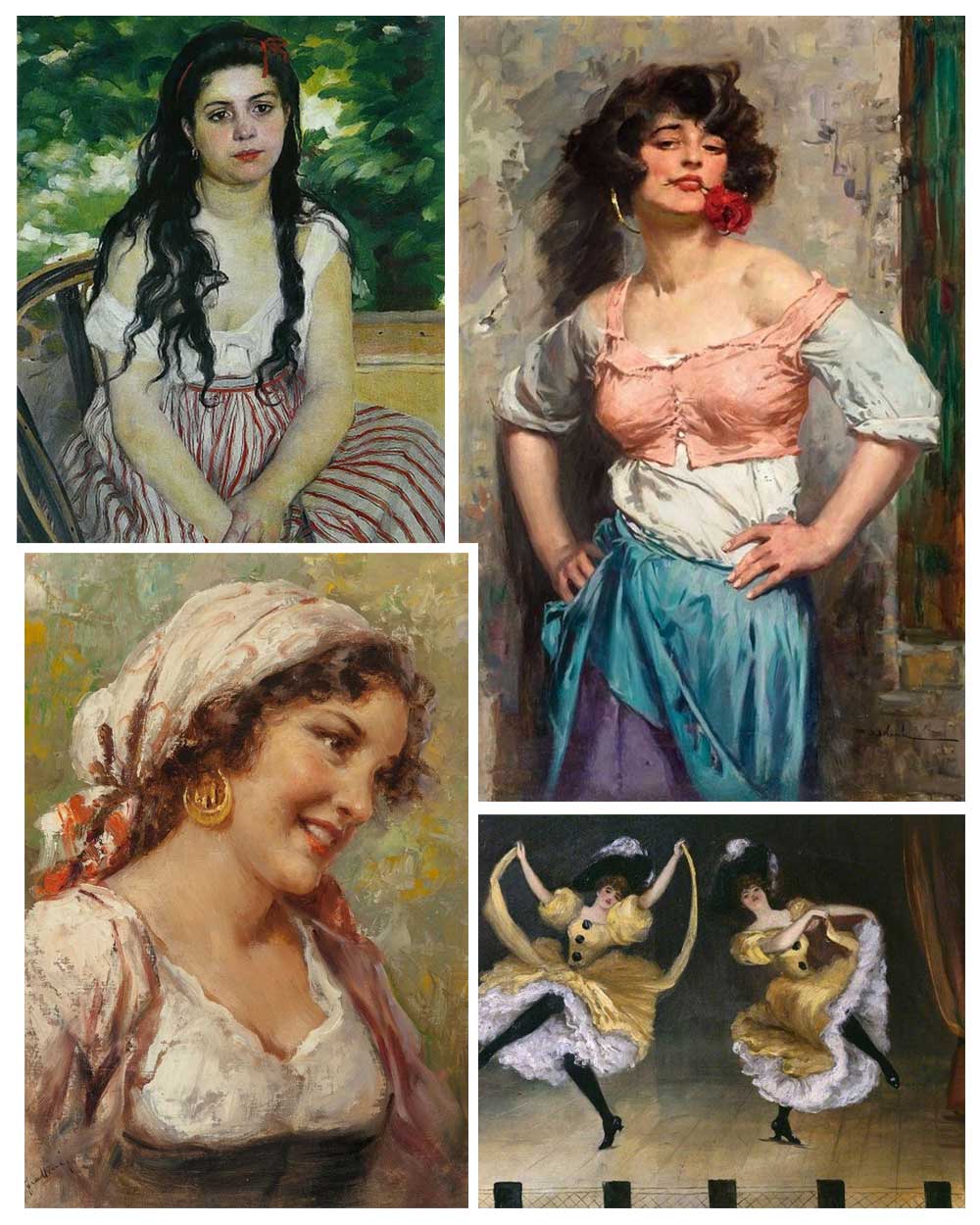
Bohemian Dressing Origins
Bohemian subculture and its dressing style emerged in the 19th century as a counter-cultural movement adopted by artists, writers, and intellectuals of those times.
Valuing freedom and creativity while rejecting bourgeois values, even at the cost of voluntary poverty, the Bohemian subculture’s fashion acted as a signifier of social values and group belonging.

The Bohemians rebelled against the rigid societal norms of the Victorian era and expressed non-conformity through clothing.
In the 1960s and 1970s, the hippie movement revitalized this style by incorporating ethnic prints, beads, sandals, and headbands.
As a result, the modern boho style evolved, blending a free-spirited aesthetic with an appreciation for diverse and unconventional details, encompassing several substyles, cultural influences, and sub-genres.
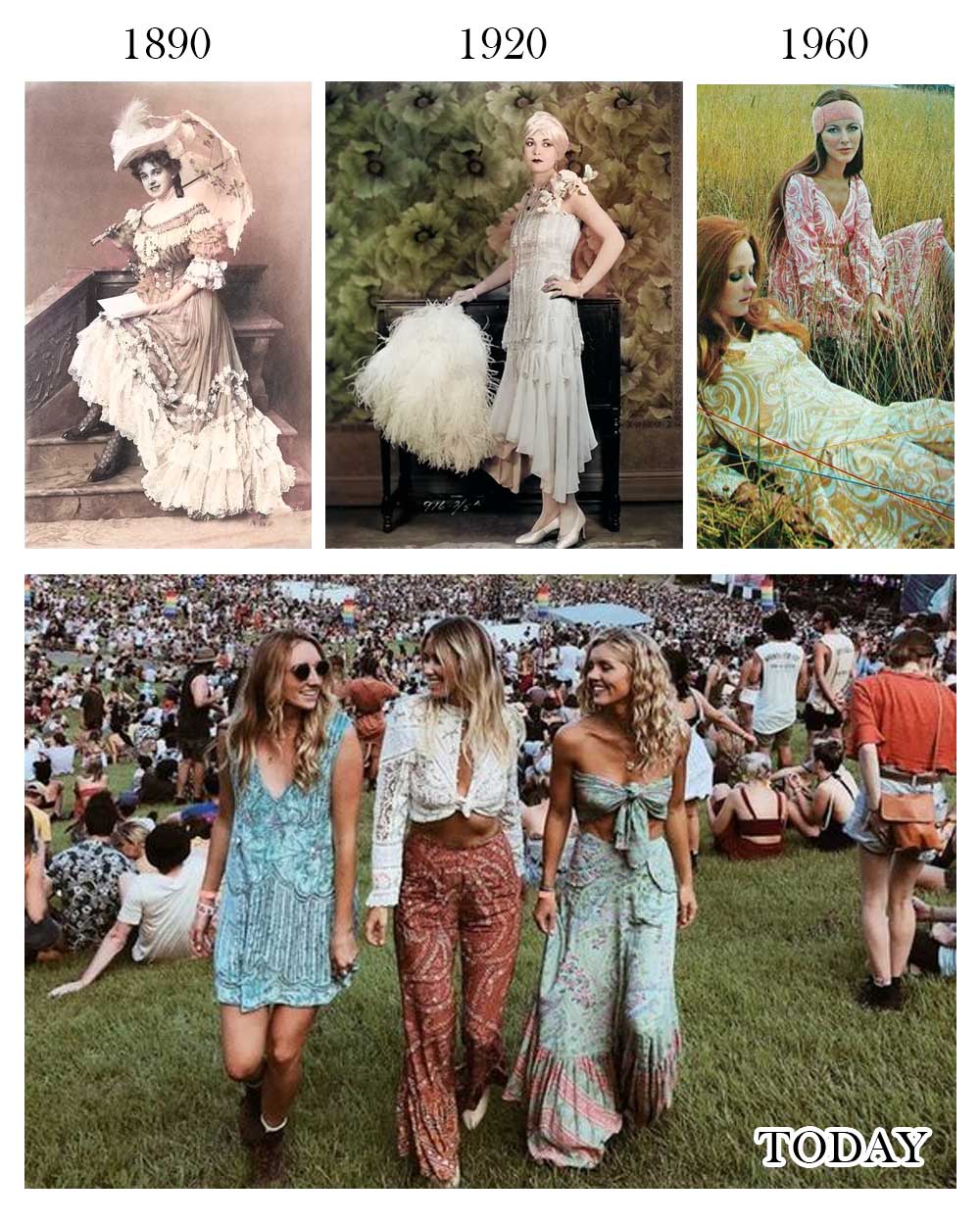

The fluidity of the Boho dressing style allows it to evolve, merging with the dominant fashion currents of each era yet preserving its unique essence: freedom, artistic expression, and a connection with nature and other subcultures.
Art Deco Movement Influence
The 1920s heralded a period of significant societal and cultural changes reflected in the fashion trends of the time.
However, the predominant style of the era was Art Deco and not necessarily Boho.
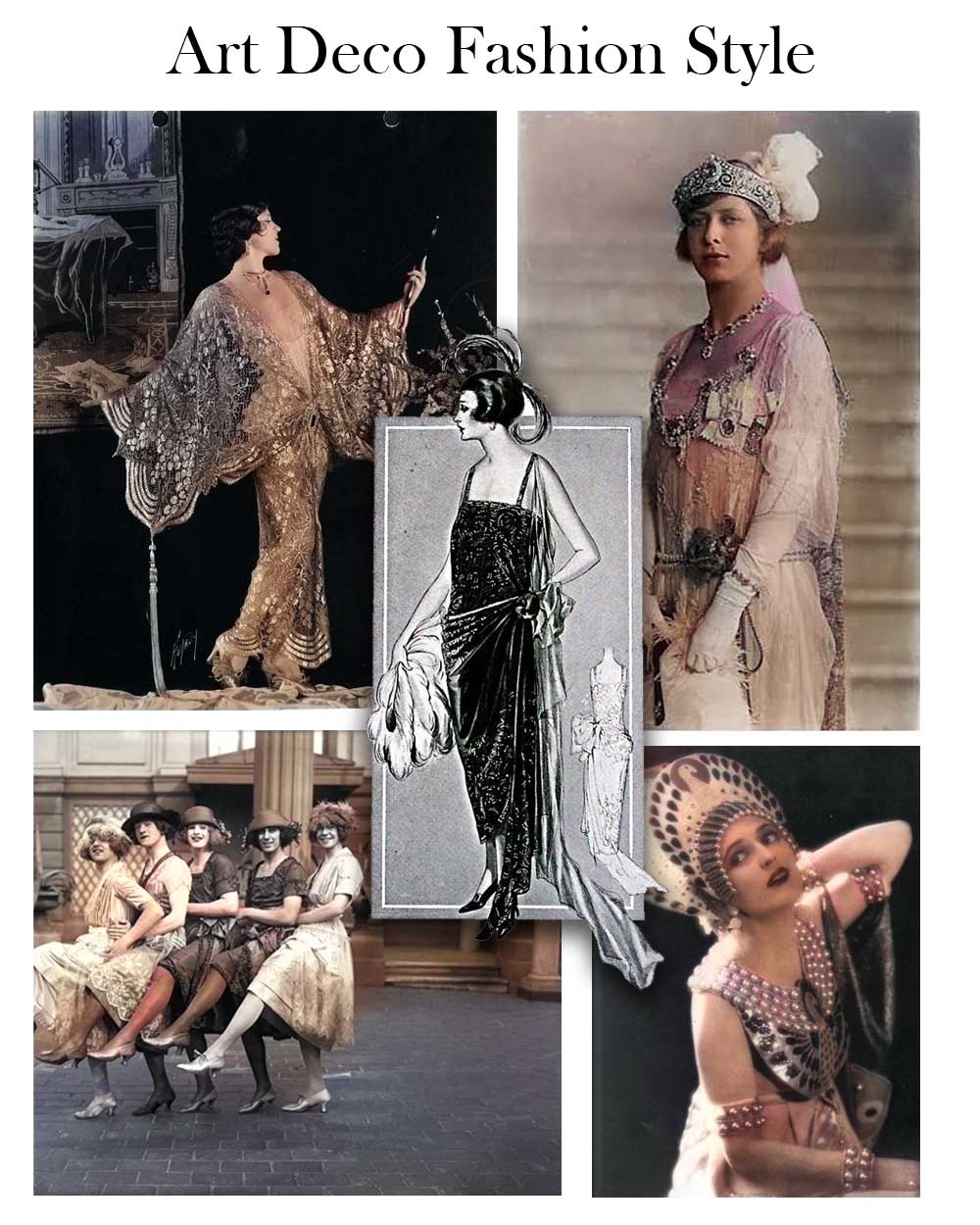

That said, bohemian influences could be seen in artistic and intellectual circles.
The Ballets Russes, a ballet company established in 1909, introduced Orientalist fashion packed with Bohemian aesthetics and undertones.
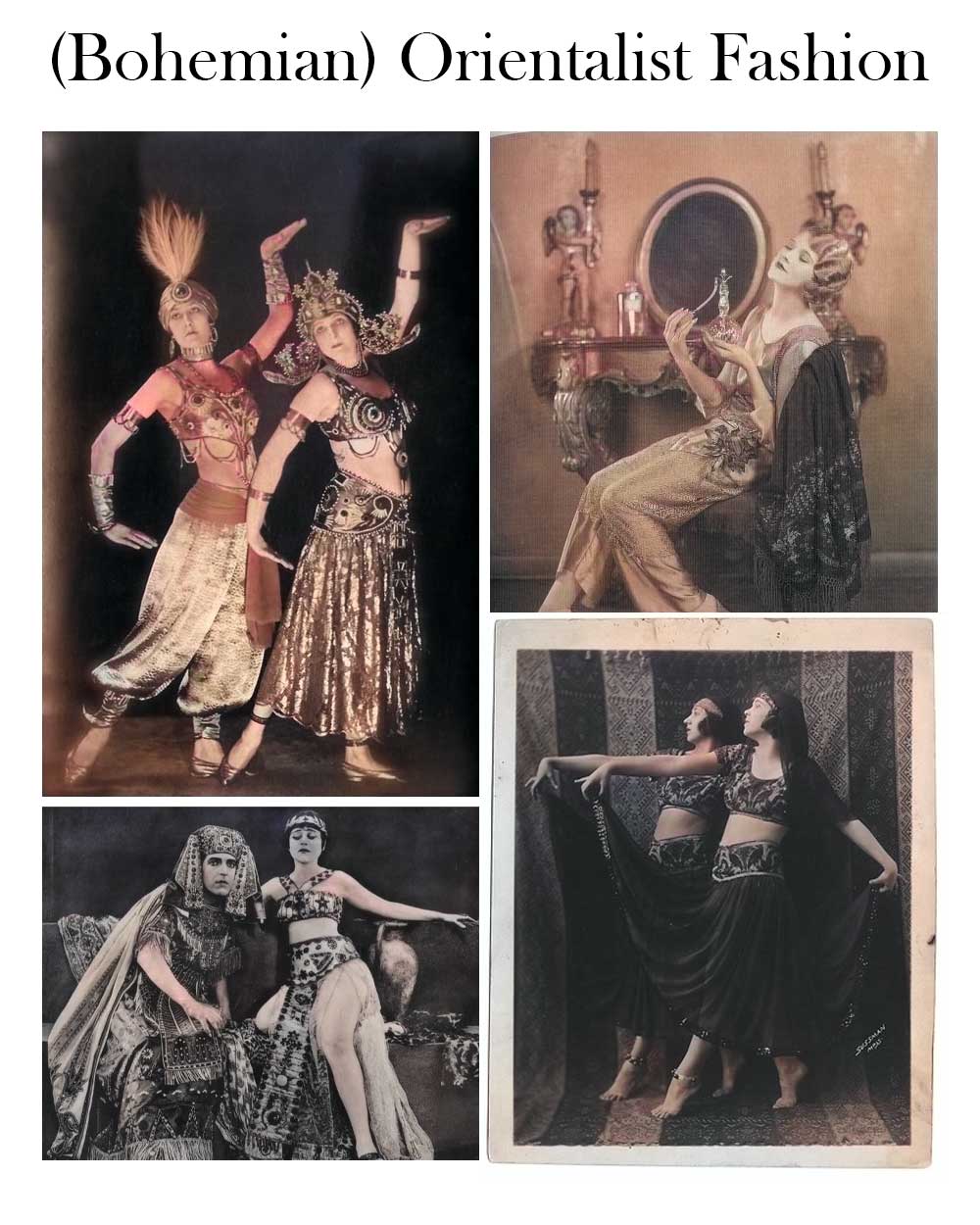

Dancer Isadora Duncan also veered away from the typical fashion of the time, preferring free-flowing fabrics and bare feet, reflecting a bohemian attitude rather than a distinct style.
The Great Depression Impact
The Great Depression marked the 1930s, and economic constraints profoundly influenced Bohemian fashion.
The era’s overall looks were conservative and less experimental.
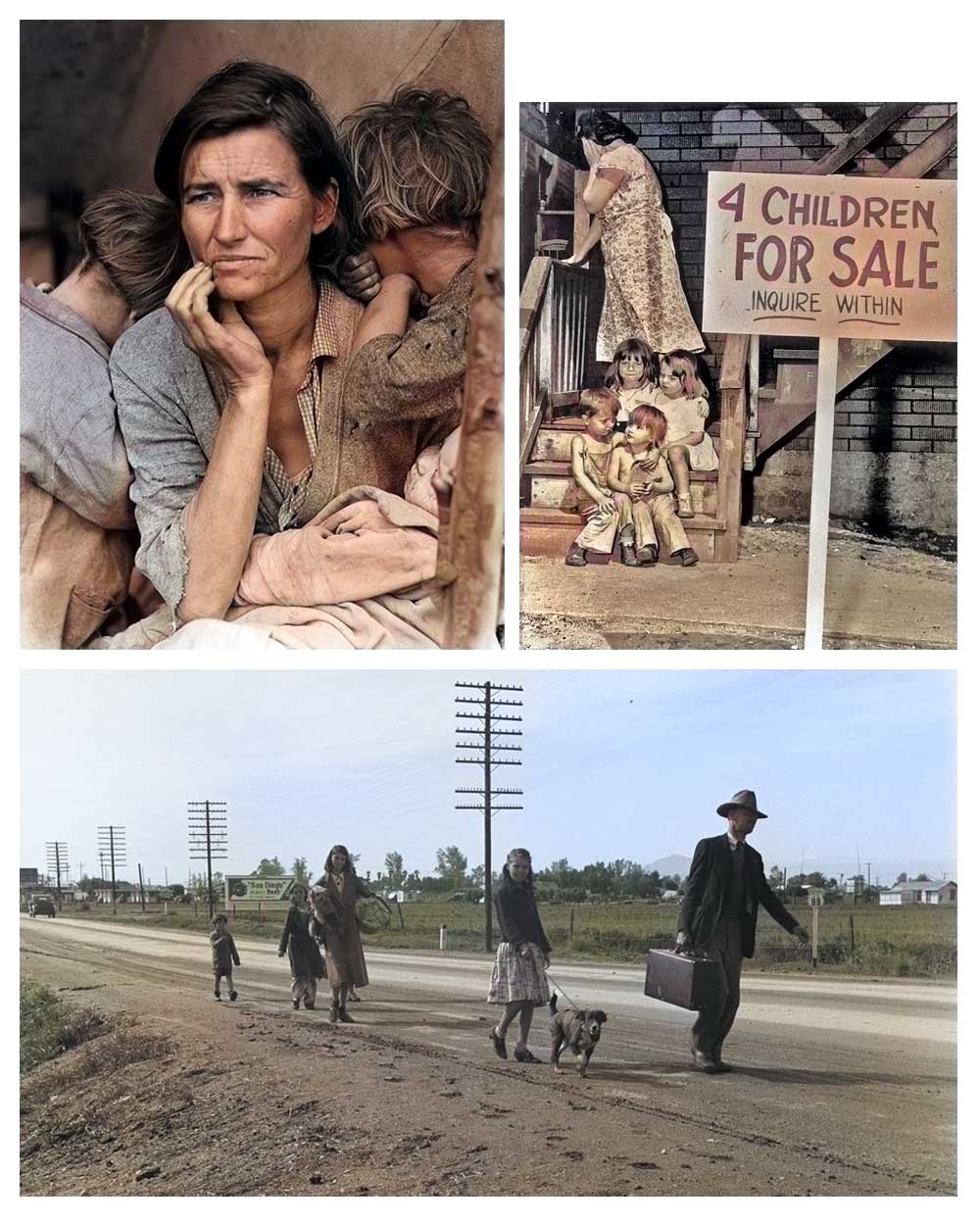

However, certain aspects of the Boho style started to gain traction among artists and intellectuals.
Glamorous movie stars of the period, such as Greta Garbo and Marlene Dietrich, could be seen sporting a more relaxed, free-spirited dressing style that mirrored bohemian aesthetics.
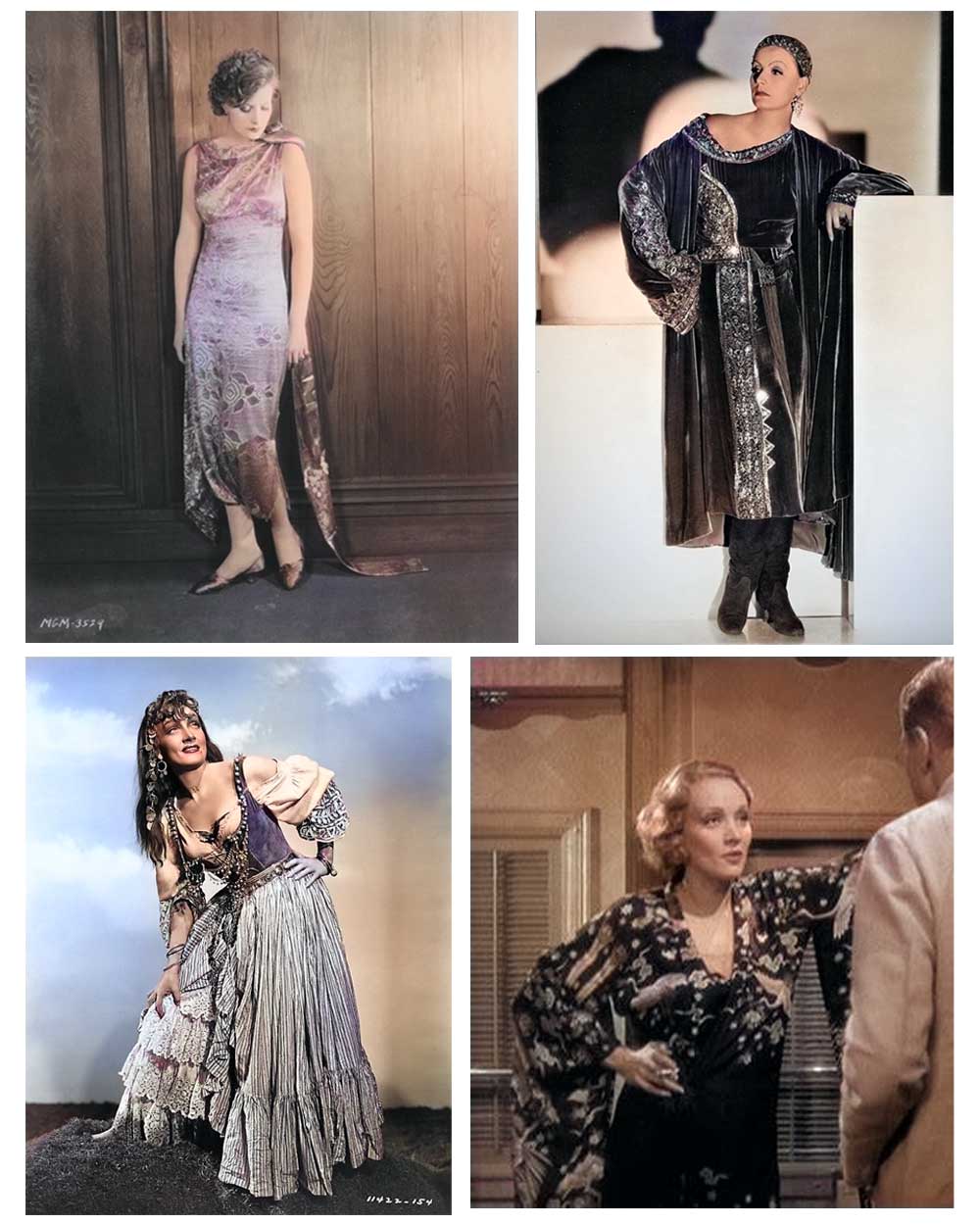

However, the term “Boho” wasn’t widely used or recognized in the fashion lexicon of that time.
These are better representations of the boho fashion style of each respective decade, according to the fashion history and the influence of prominent figures.
World War II and Utilitarian Fashion
The 1940s was a period marked by World War II and, thus, significantly impacted the decade’s fashion styles.
While Boho wasn’t the predominant style of the decade, there were notable Bohemian influences in the time’s fashion.
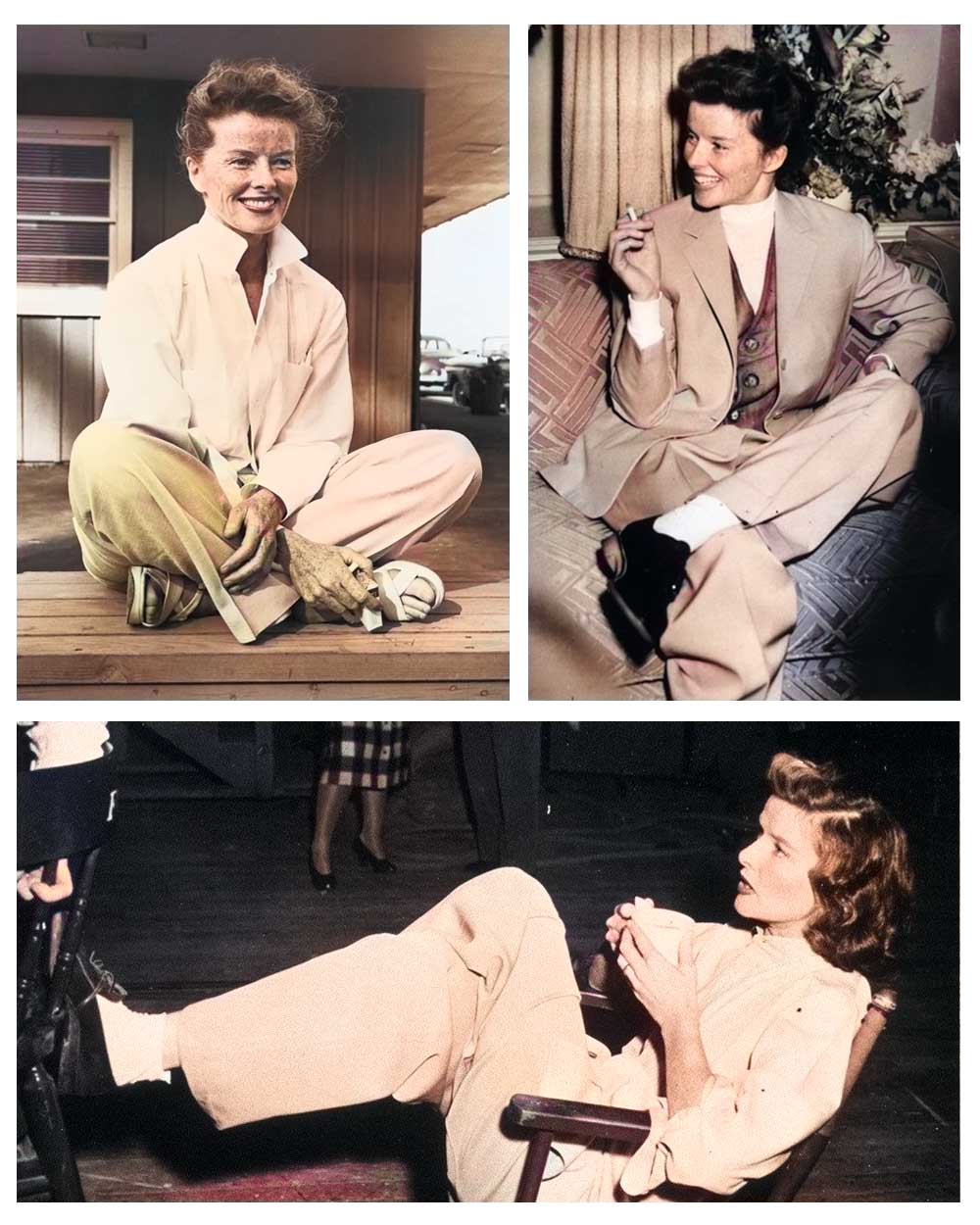

Actress Katharine Hepburn embodied the decade’s Bohemian aesthetics with her unconventional style of wide-legged pants and loose blouses, which defied the structured fashion trends of those times.
The Boho-Beatnik Style – 50s
The 1950s saw the emergence of a more relaxed, bohemian fashion style, particularly among the Beatnik subculture.
The Beatniks lived a free-thinking lifestyle and dressed in black turtlenecks, berets, and straight-leg jeans.
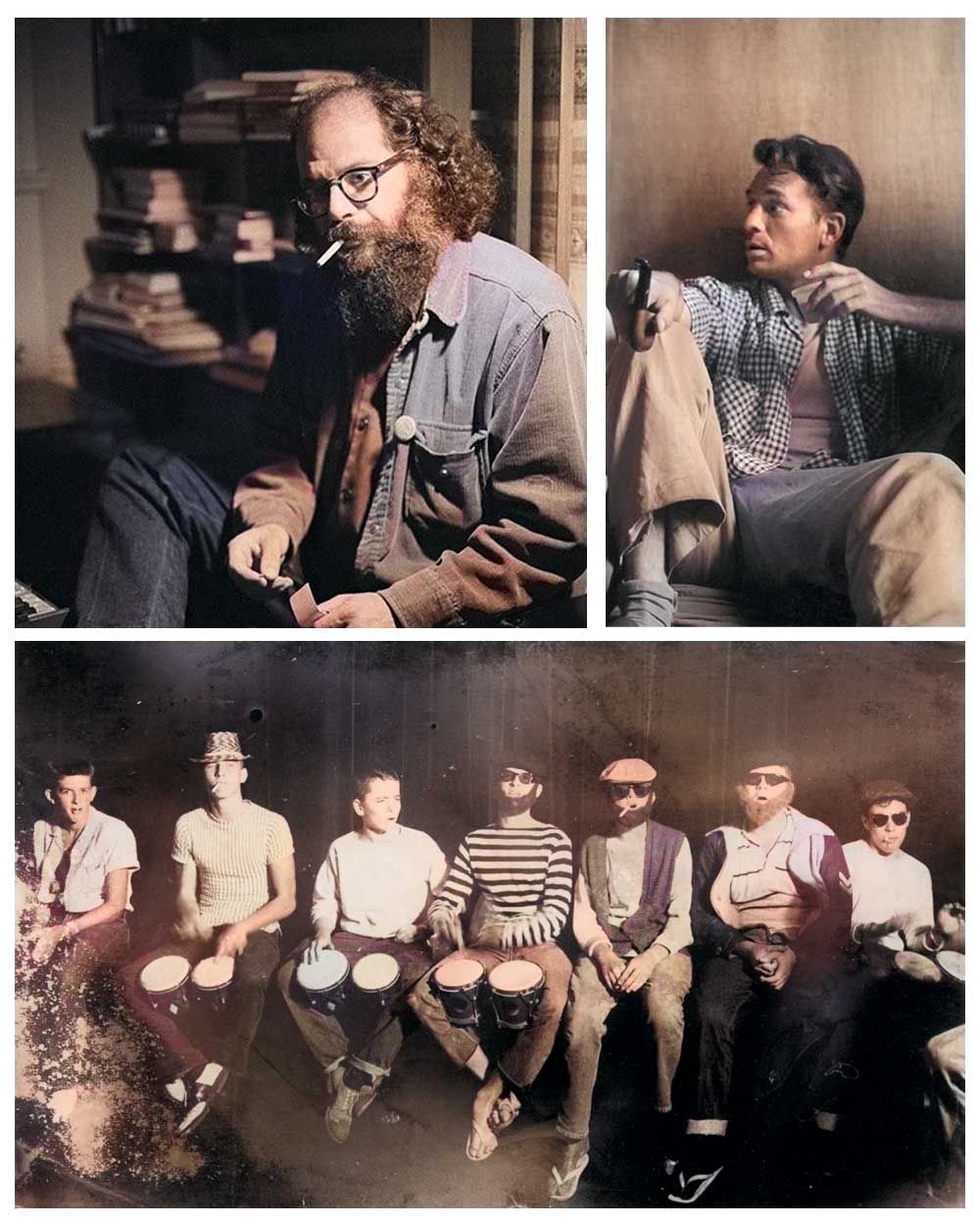

The rebellious spirit of the Beatniks’ laid-back style would later influence the Boho style of the 1960s and 70s.
Notable figures from the era include novelist Jack Kerouac and poet Allen Ginsberg.
The Hippie Movement – 60s
The 1960s marked a significant turning point in the evolution of Boho fashion.
The decade is best known for its free-spirited counterculture movements and the popularization of the “hippie” fashion style, a dressing look often confused with Boho chic.
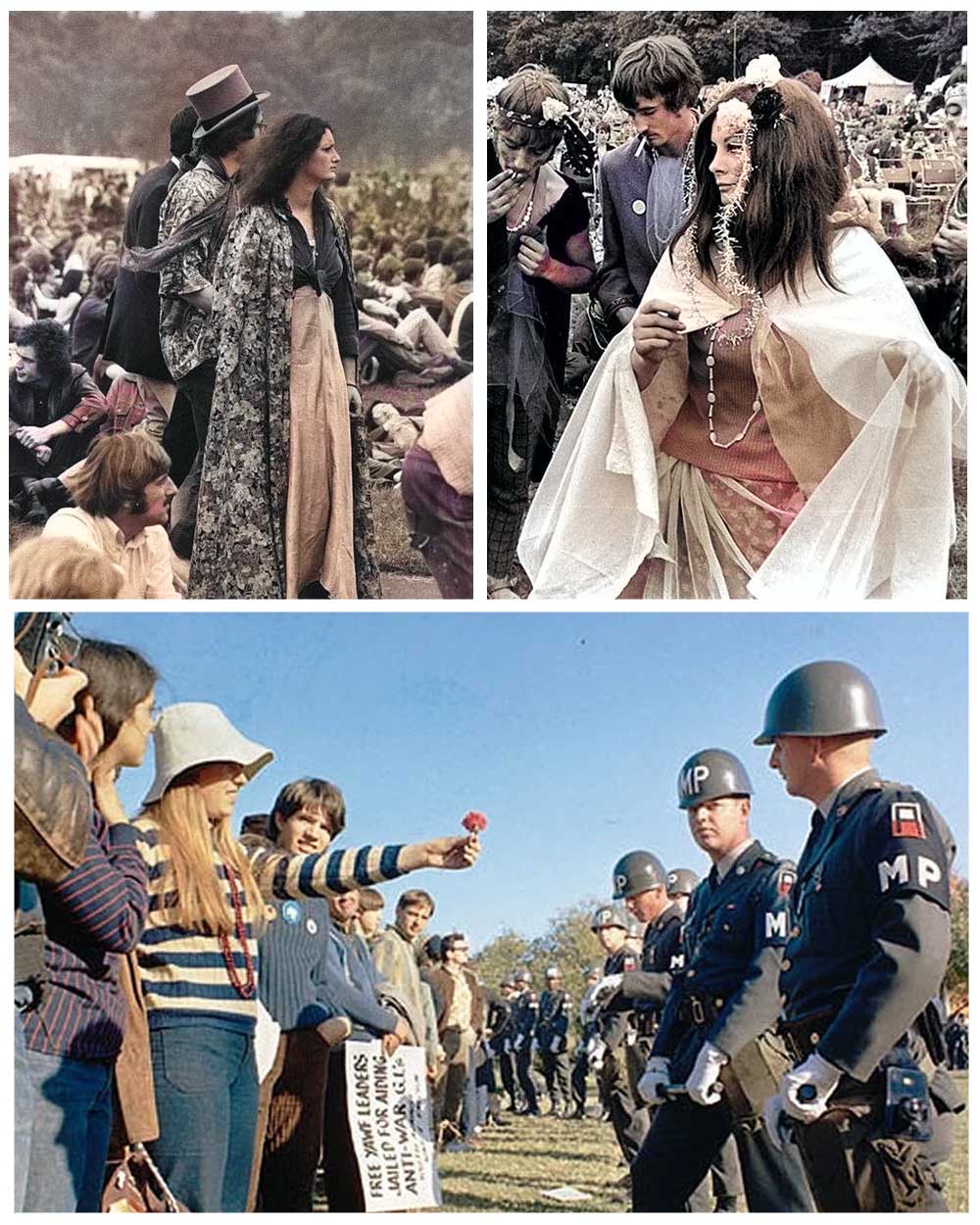

Influences from various cultures, such as Indian, Moroccan, and Native American, were blended to create a diverse mix of color, pattern, and texture.
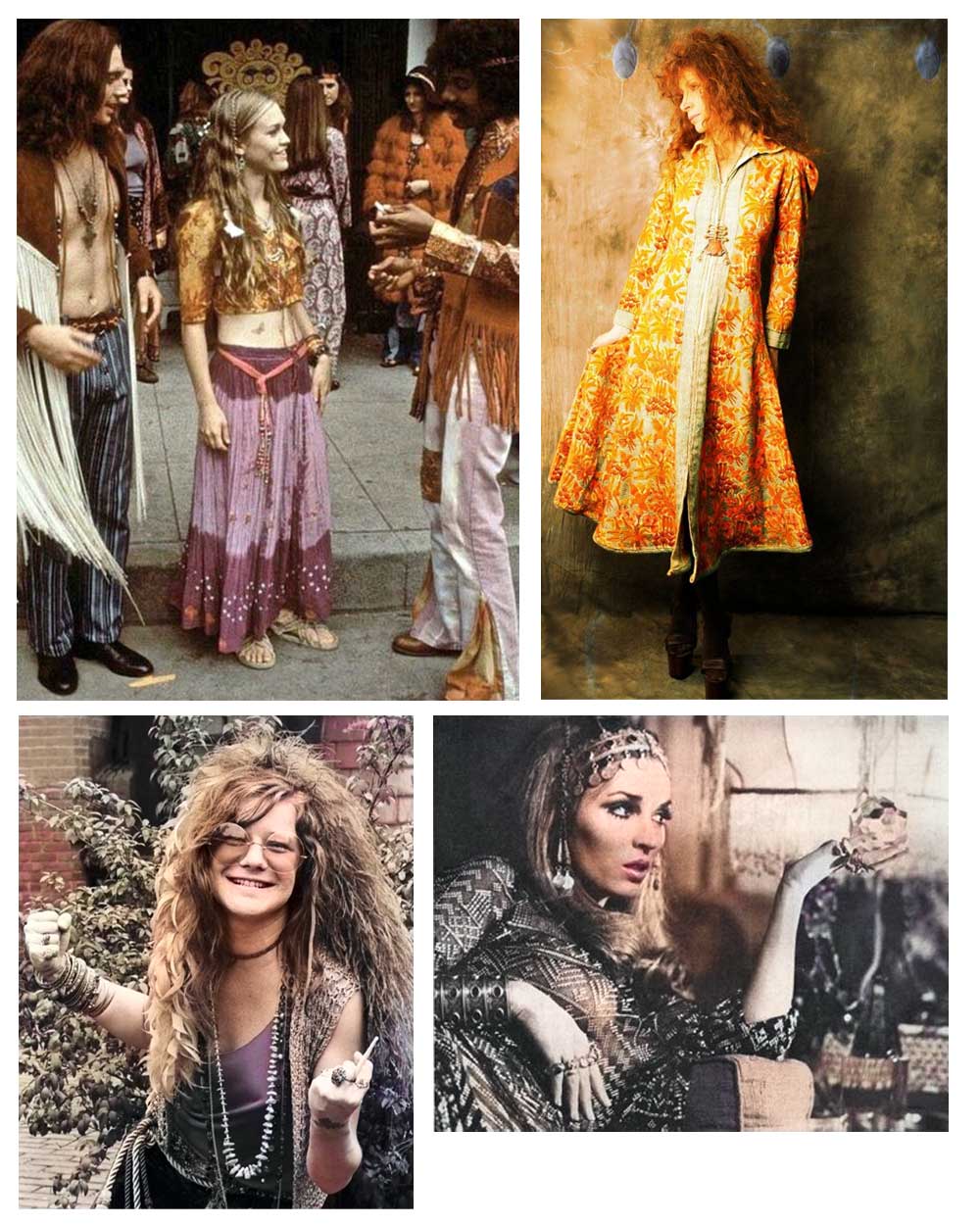

The style is characterized by flowing fabrics, bell-bottom pants, colorful bandanas, and peace-sign jewelry. Prominent figures like singer Janis Joplin and actress Talitha Getty embodied this look.
The Woodstock Phenomenon – 70s
The 1970s Boho style evolved from the hippie style of the 60s, incorporating a more romantic and soft aesthetic with a dash of glam rock.
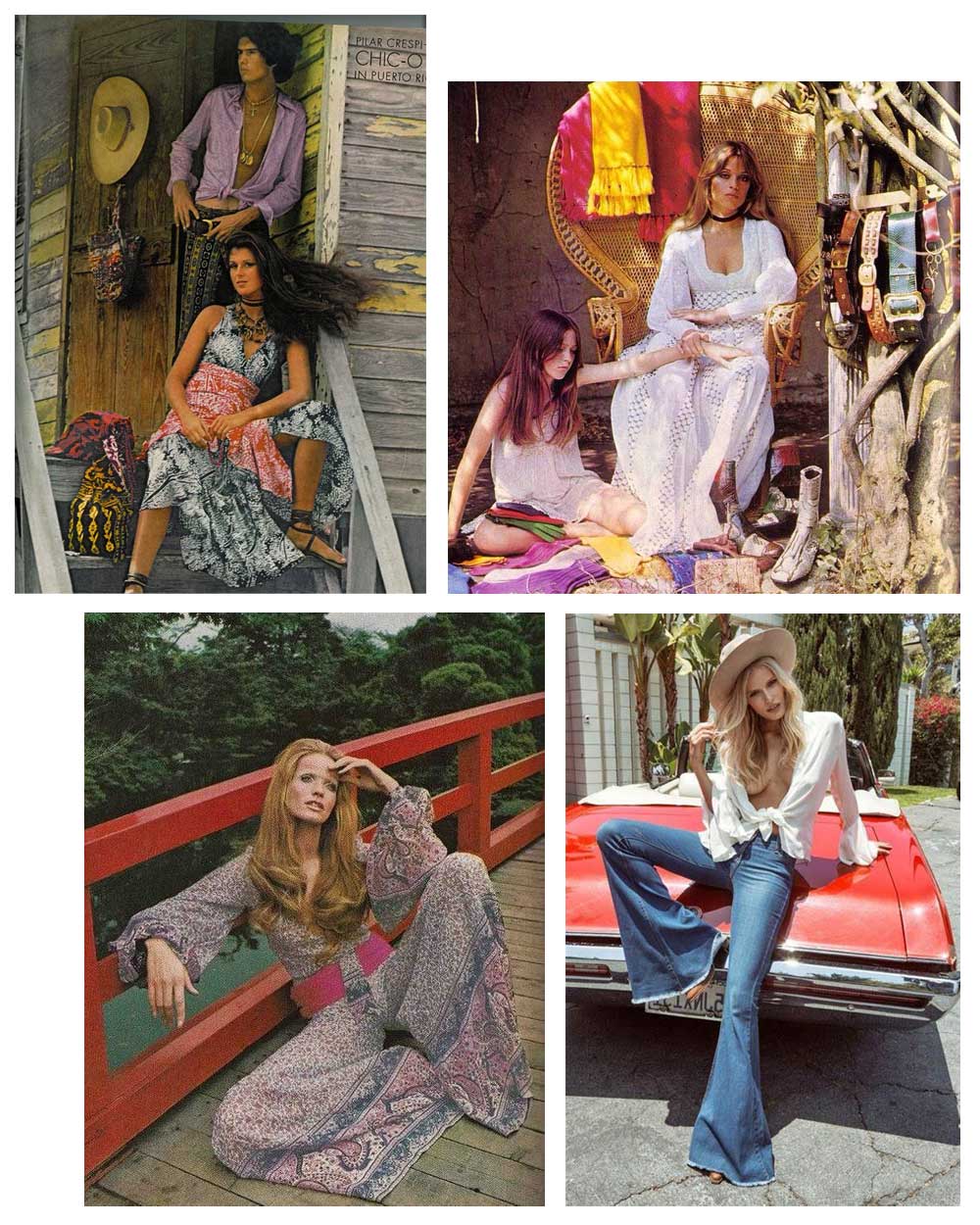

In an era defined by music festivals like Woodstock, the 70s Boho fashion style was characterized by flared jeans, maxi dresses, peasant blouses, and gypsy skirts.
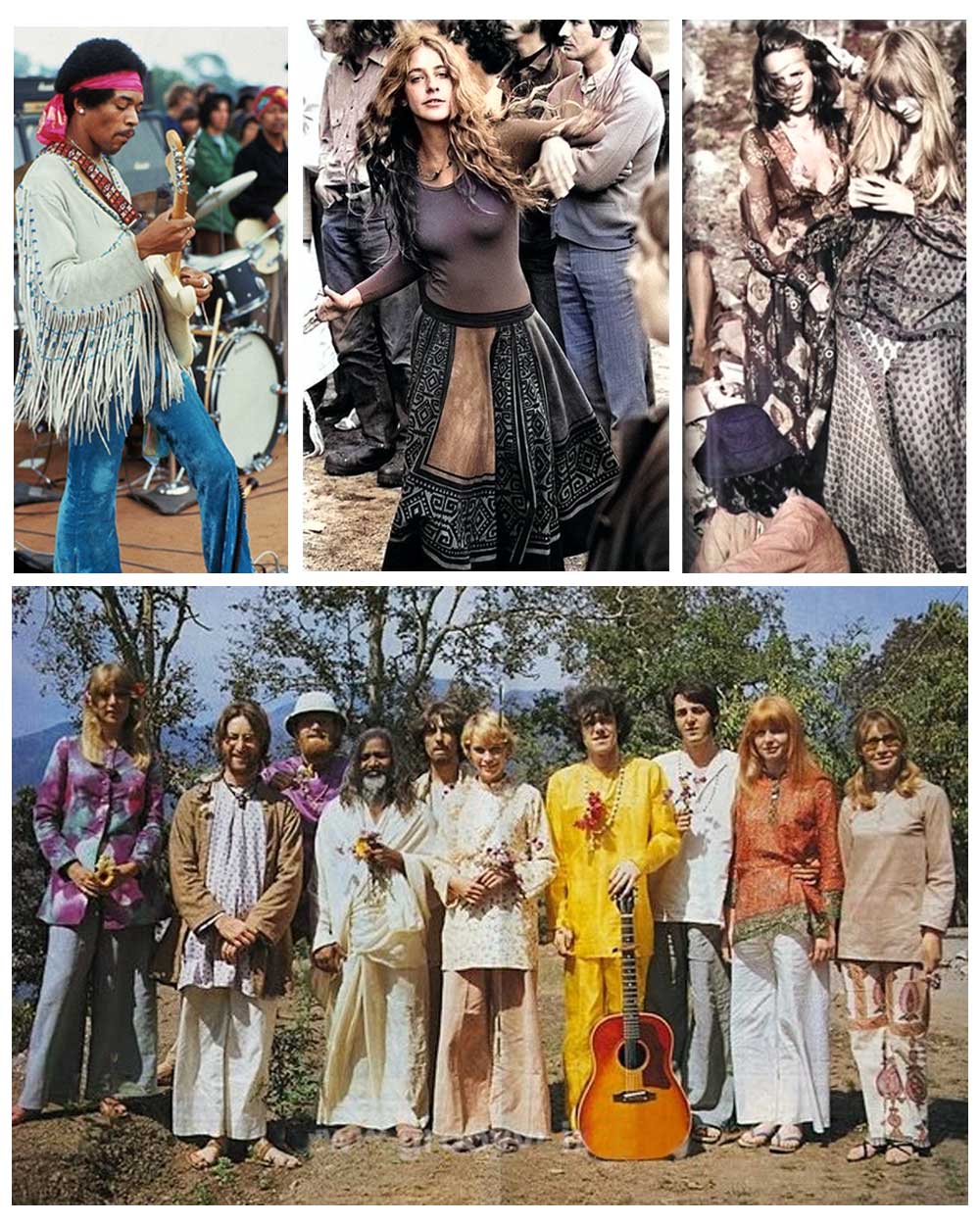

Stevie Nicks of Fleetwood Mac, known for layered, flowy outfits, and Joni Mitchell, with her prairie dresses and headbands, influenced the Boho fashion style of this era.
Alternative Boho Fashion – 80s
The 80s shifted the look of the Boho fashion style by introducing a blend of Bohemian motifs and new-wave influences.
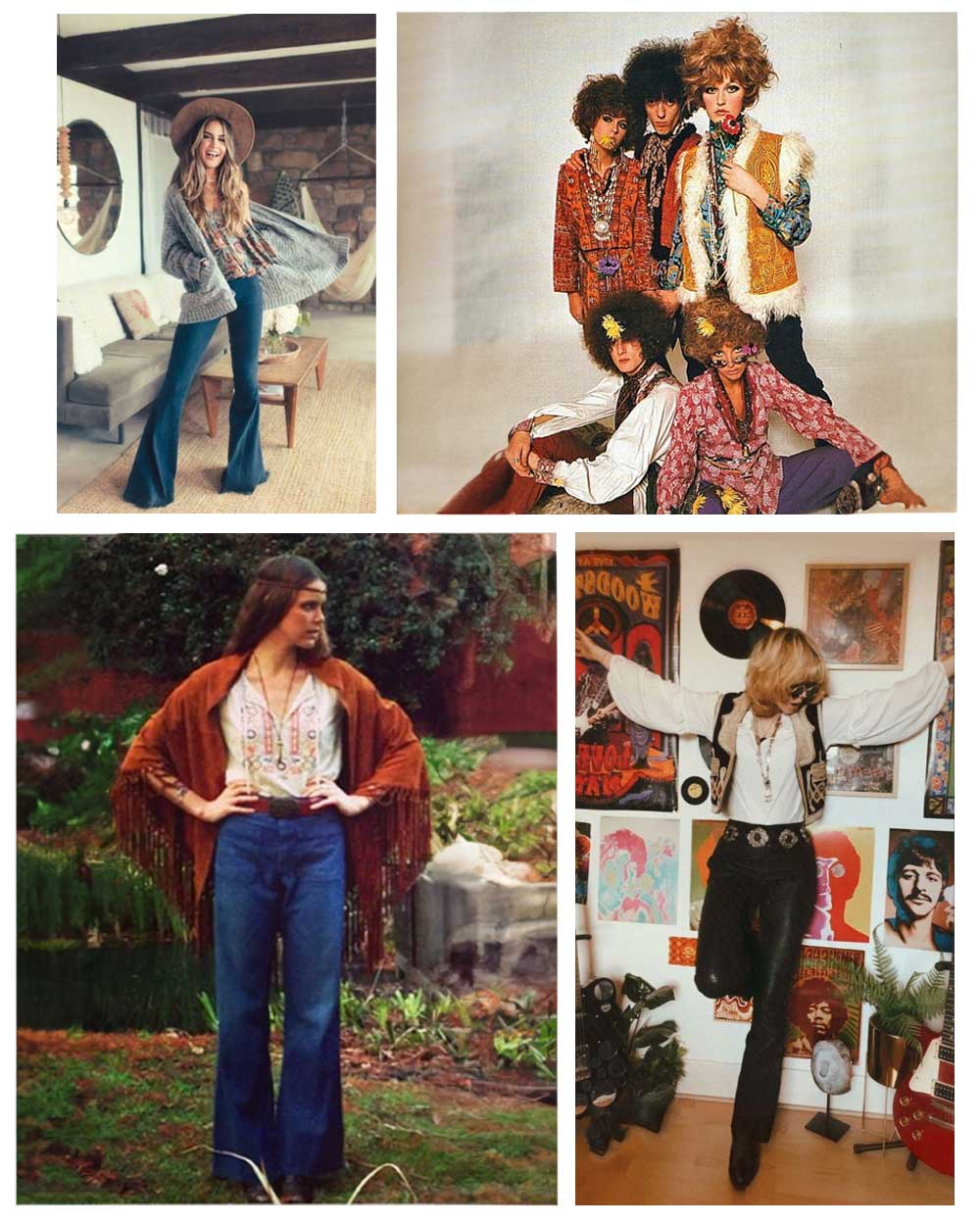

This decade is also famous for blending Grunge aesthetic elements into Boho fashion styles, such as mixing floral patterns with ripped jeans and biker jackets.
Madonna embodied this evolution with her layered skirts, lacey tops, and multiple accessories, transforming the face of boho fashion with her distinct style.
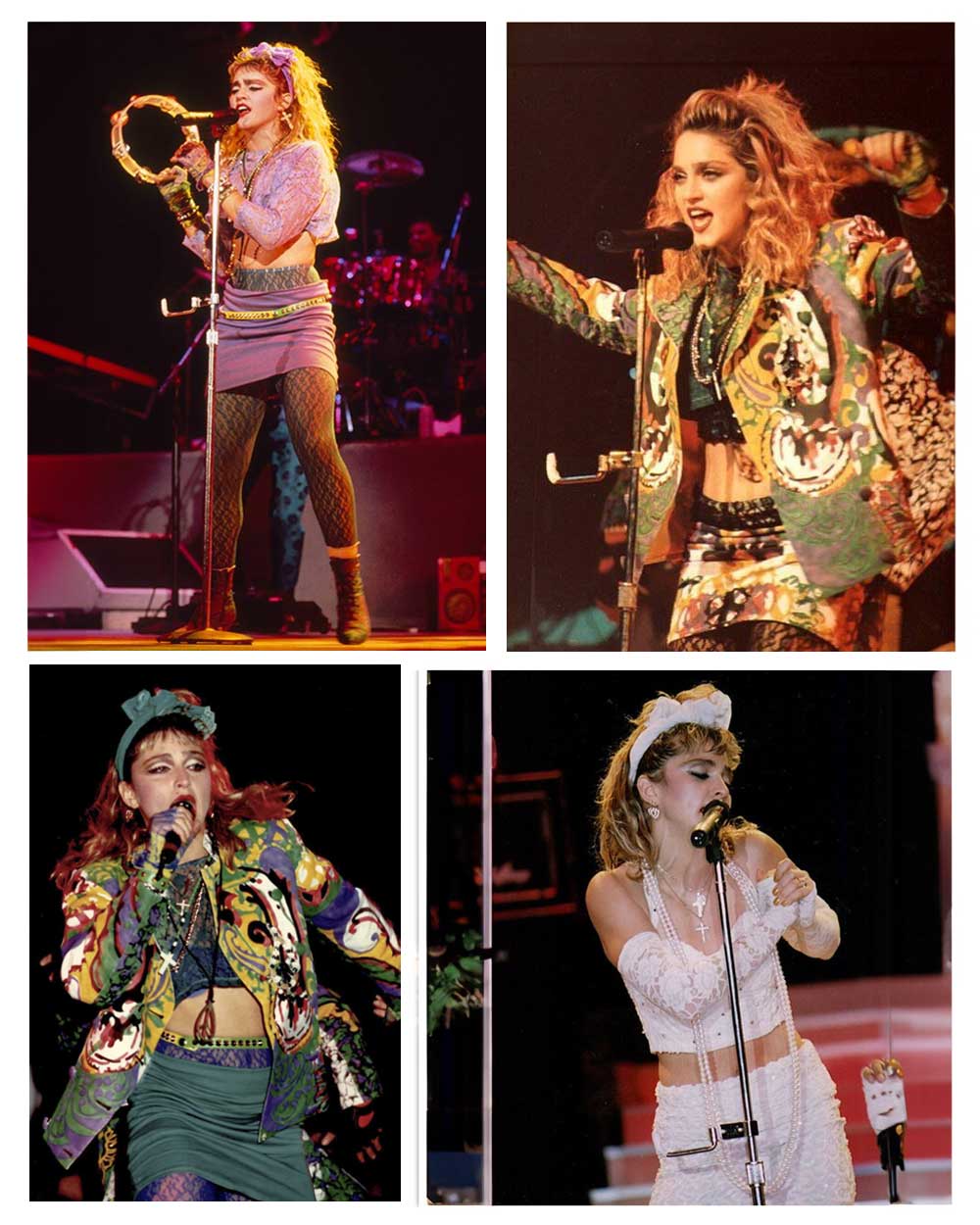

Influences from ethnic cultures were still present, but in the 80s, the Boho fashion style saw a rising preference for loud post-modern patterns and oversized silhouettes.
The emphasis on big hairstyles and accessories added to the look’s overall opulence, yet Boho’s relaxed and creative spirit remained.
The Grunge Movement – 90s
Influenced by the popularity of grunge music and musicians like Kurt Cobain and Courtney Love, whose dressing style reflected a casual, unconventional, and rebellious outlook, the 90s saw the Boho fashion style evolving mainstream.
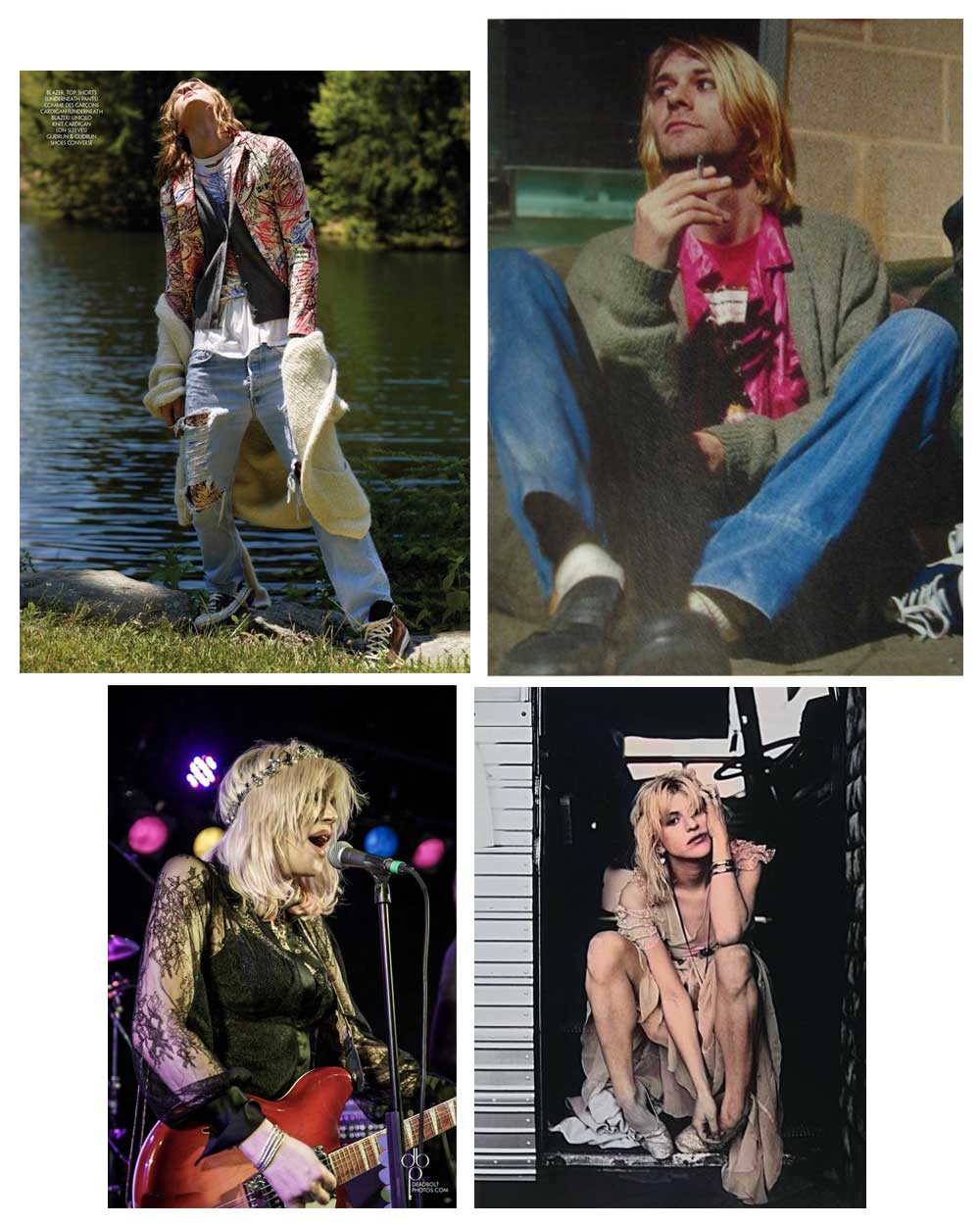

The dressing style was decidedly relaxed, with flannel shirts, oversized sweaters, and ripped jeans becoming emblematic of the era.
Boho Chic Era – 2000s
In the early 2000s, the boho style reemerged with a luxe boho or “boho chic” trend.
The look combined the original boho ideals with a more sophisticated twist, blending exotic patterns and textures with high-quality fabrics and refined accessories.
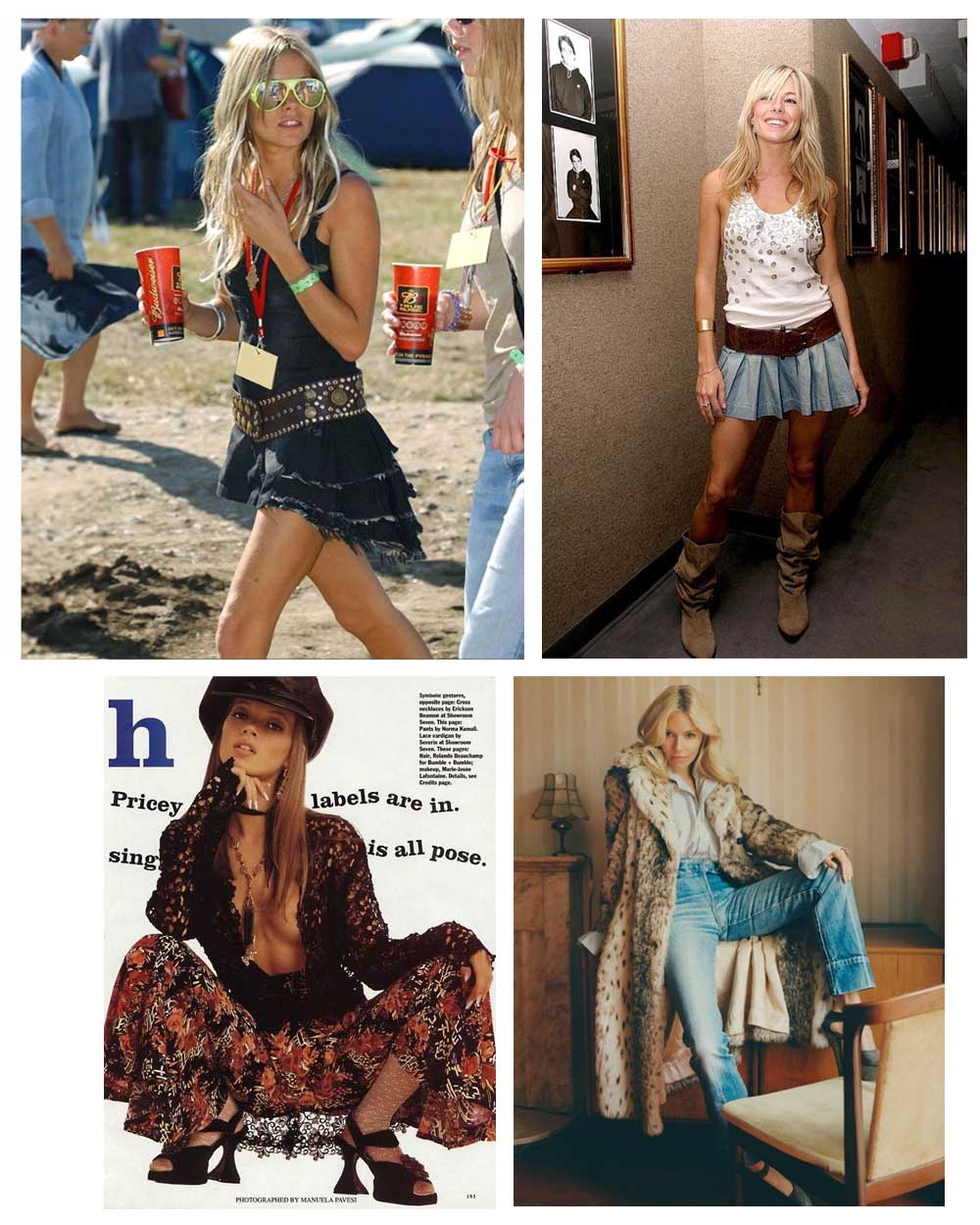

Celebrity influencers like Sienna Miller and Kate Moss popularized this style, photographed in maxi dresses, fur-lined coats, and paisley prints at various social events.
Sustainable Bohemians – Neo Boho Era
From 2010 onwards, boho fashion has embraced a more sustainable and ethical approach.
A distinct move towards natural fabrics, vintage clothes, and artisanal craftwork reflects the conscious consumer’s evolving values.
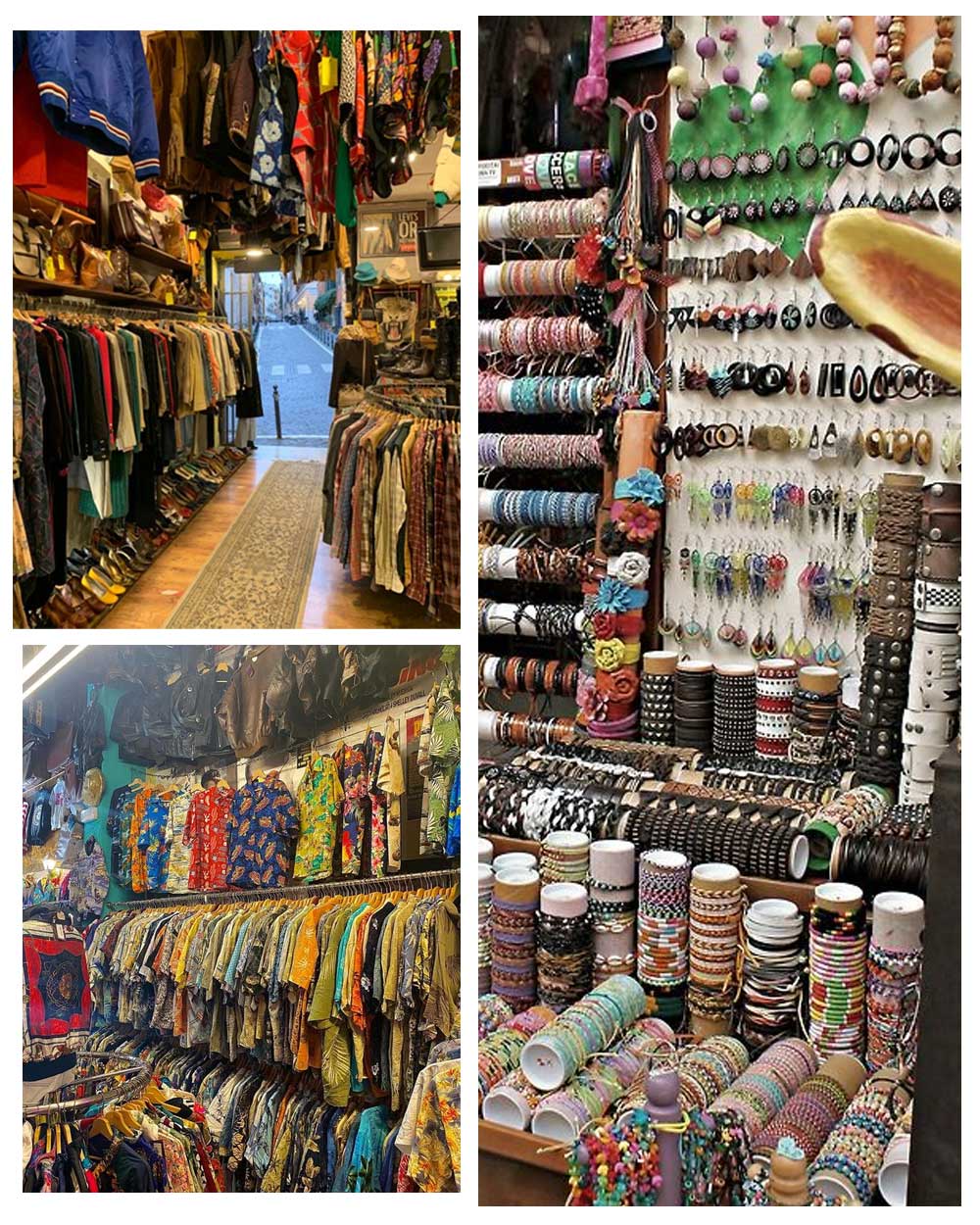

Celebrities like Florence Welch and Vanessa Hudgens had a romantic, relaxed fashion sense that helped keep the boho style in vogue.
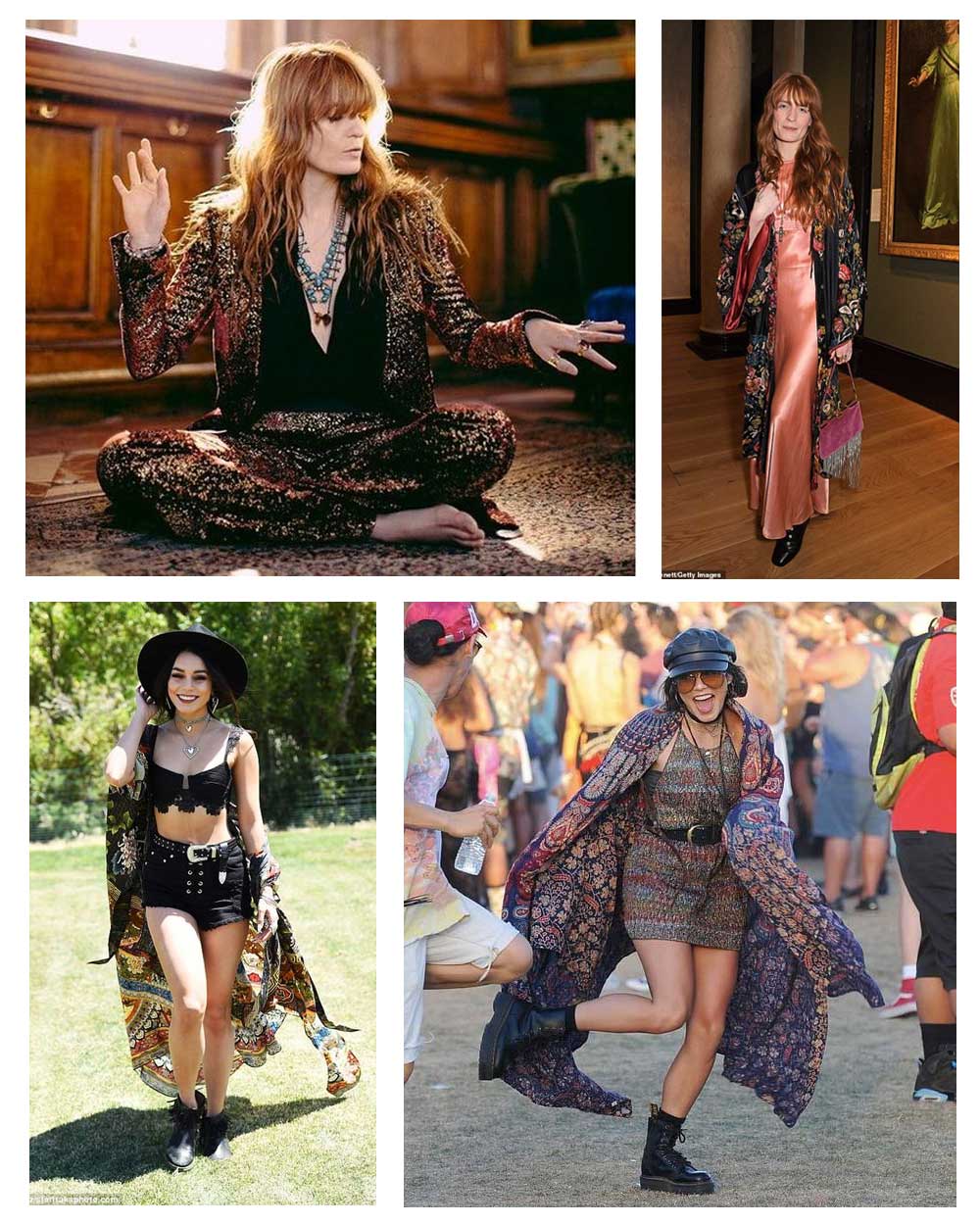

Moreover, the influence of social media platforms like Instagram and Pinterest has amplified the visibility of Boho’s fashion style.
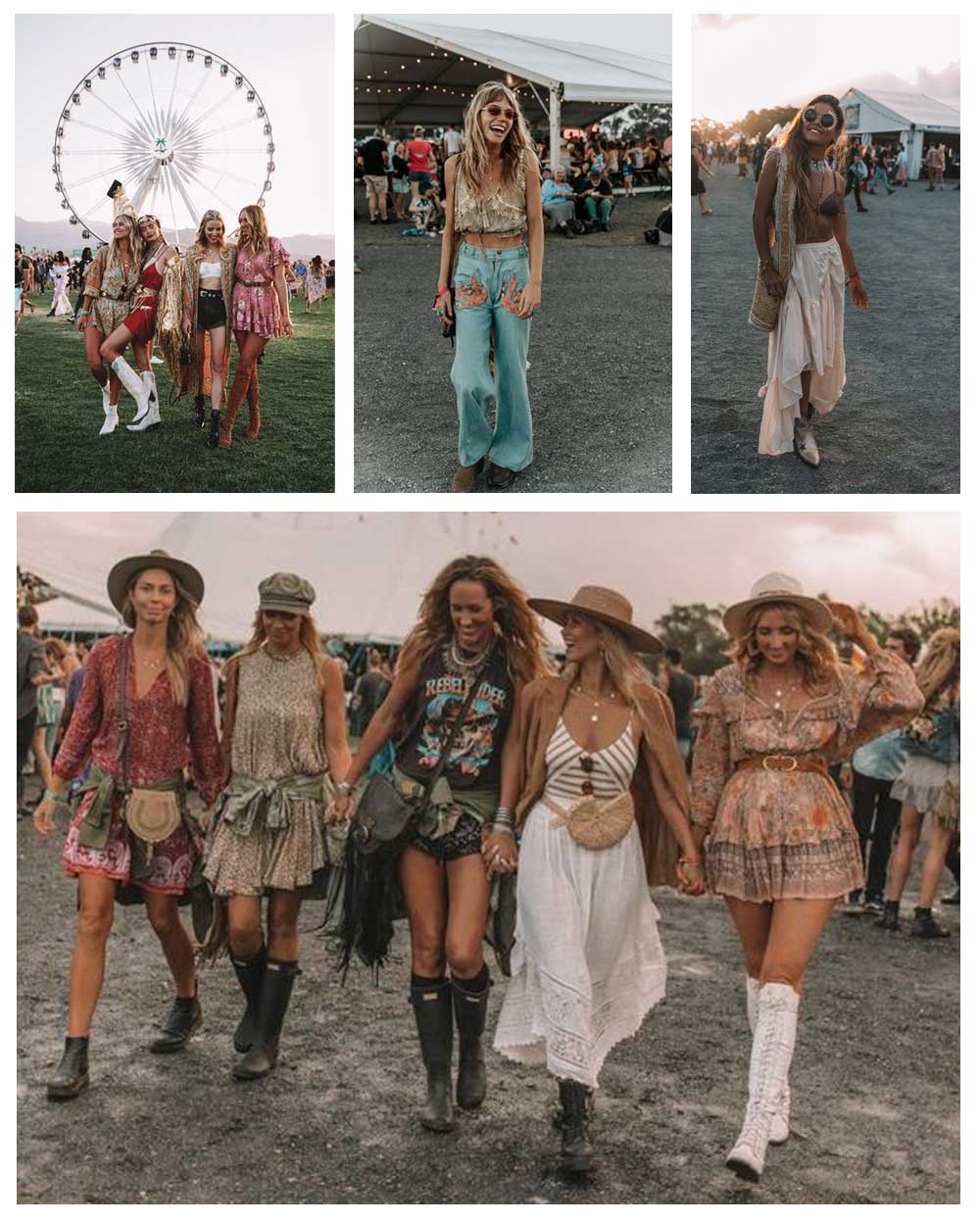

The aesthetics of ‘festival fashion,’ with Coachella being a prime example, have further reinforced the boho style in the modern era.
The rich tapestry of textures, patterns, and colors in boho fashion provides a perfect canvas for expressing personal style in a digital world.
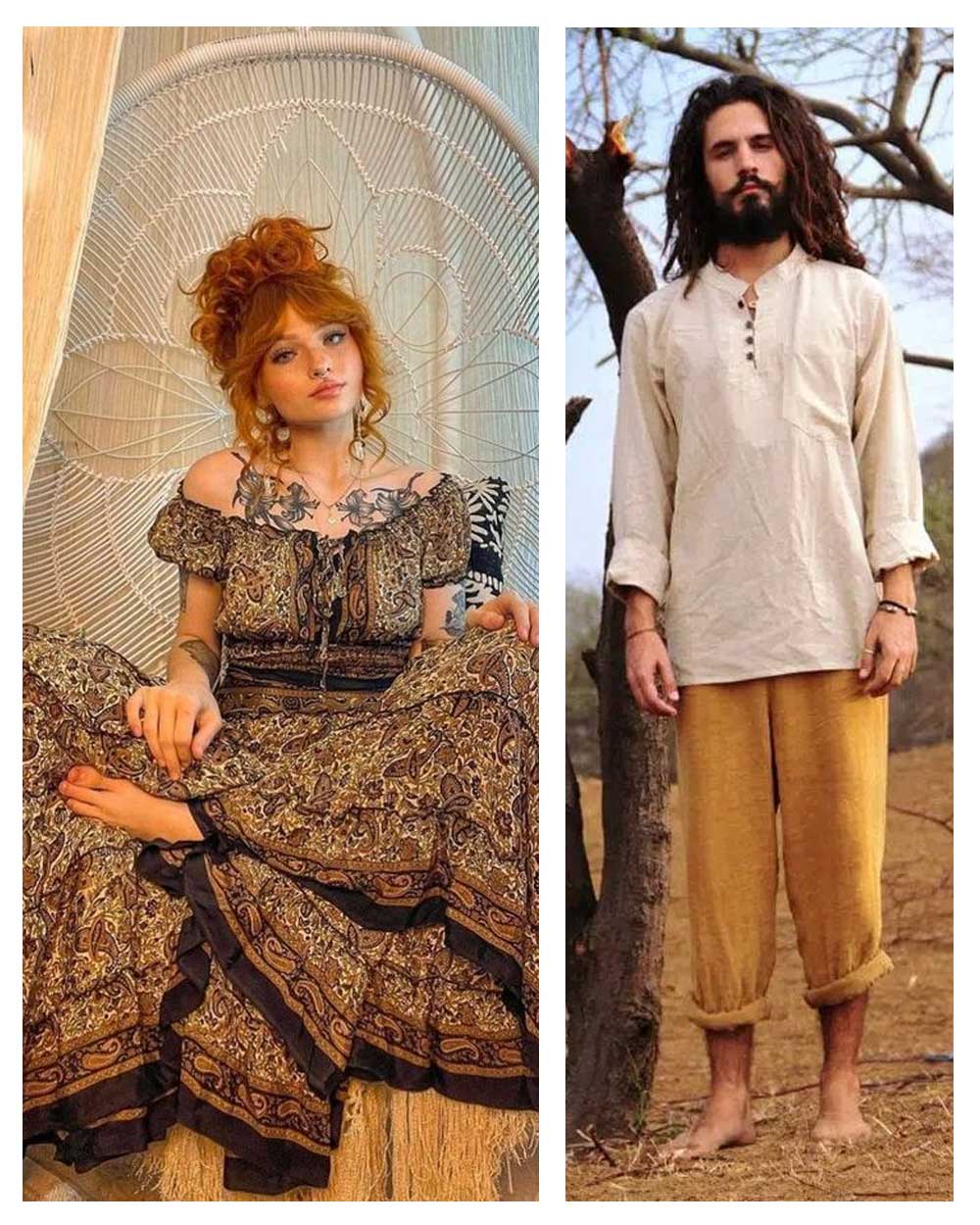

In the present day, boho fashion remains a dynamic and influential style that allows for individual expression and embraces cultural diversity, making it more relevant than ever in our globalized world.
Its core ethos – a free-spirited and creative approach to dressing, continues to be its guiding force.
Nowadays, the Boho fashion style continues to hold a strong position in the world of styles thanks to its capacity to combine historical influences with contemporary fashion trends.
The modern iteration of the Boho fashion style, Neo Boho, presents a more refined and minimalistic aesthetic while retaining its free-spirited nature.
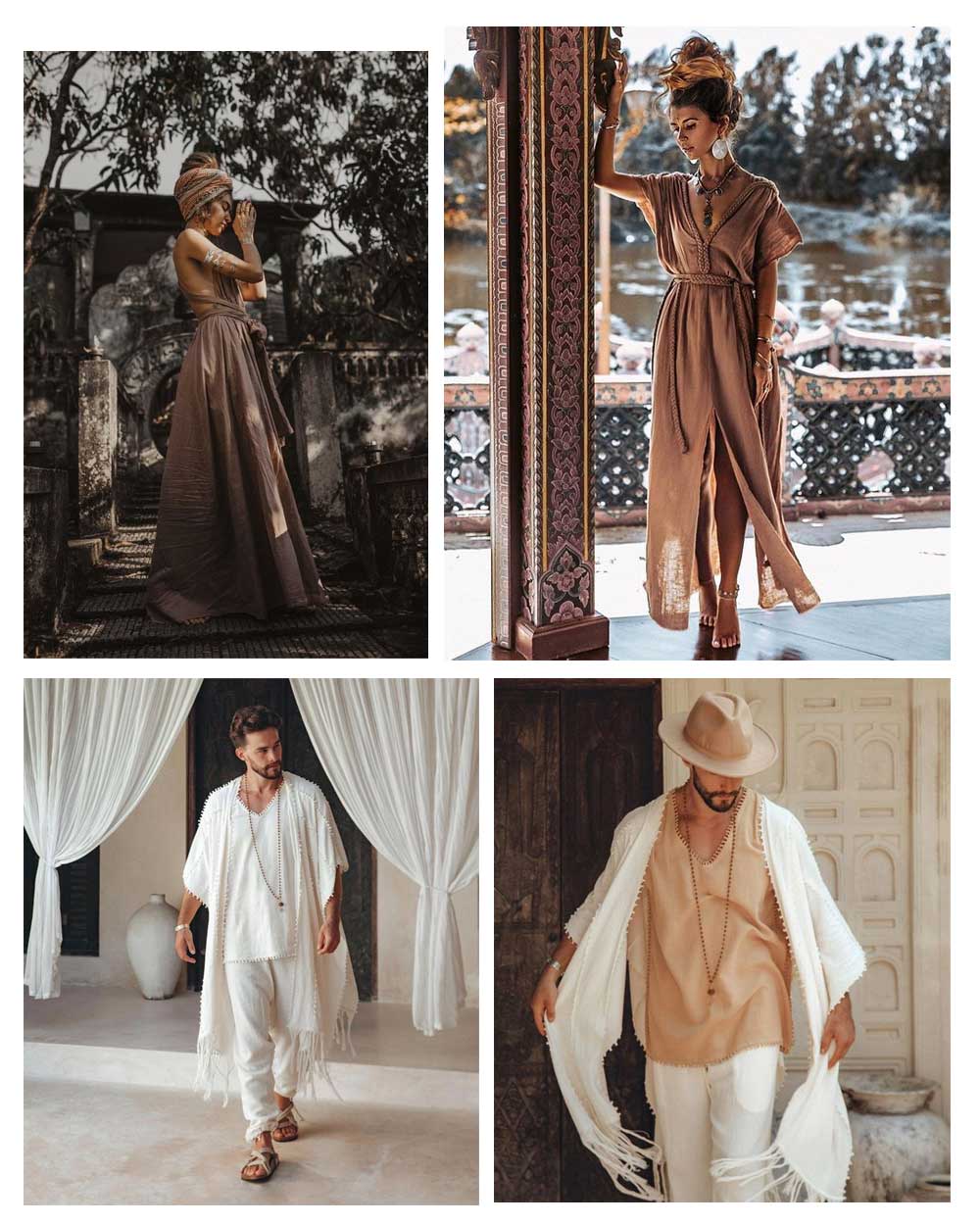

It cherishes fluidity and versatility in clothing, focusing more on simple cuts, flowy materials, and intricate embroidery rather than overtly dramatic detailing.
Earth tones, such as shades of brown, green, and beige, are favored, providing a naturalistic backdrop for occasional splashes of color through accessories and detailing.
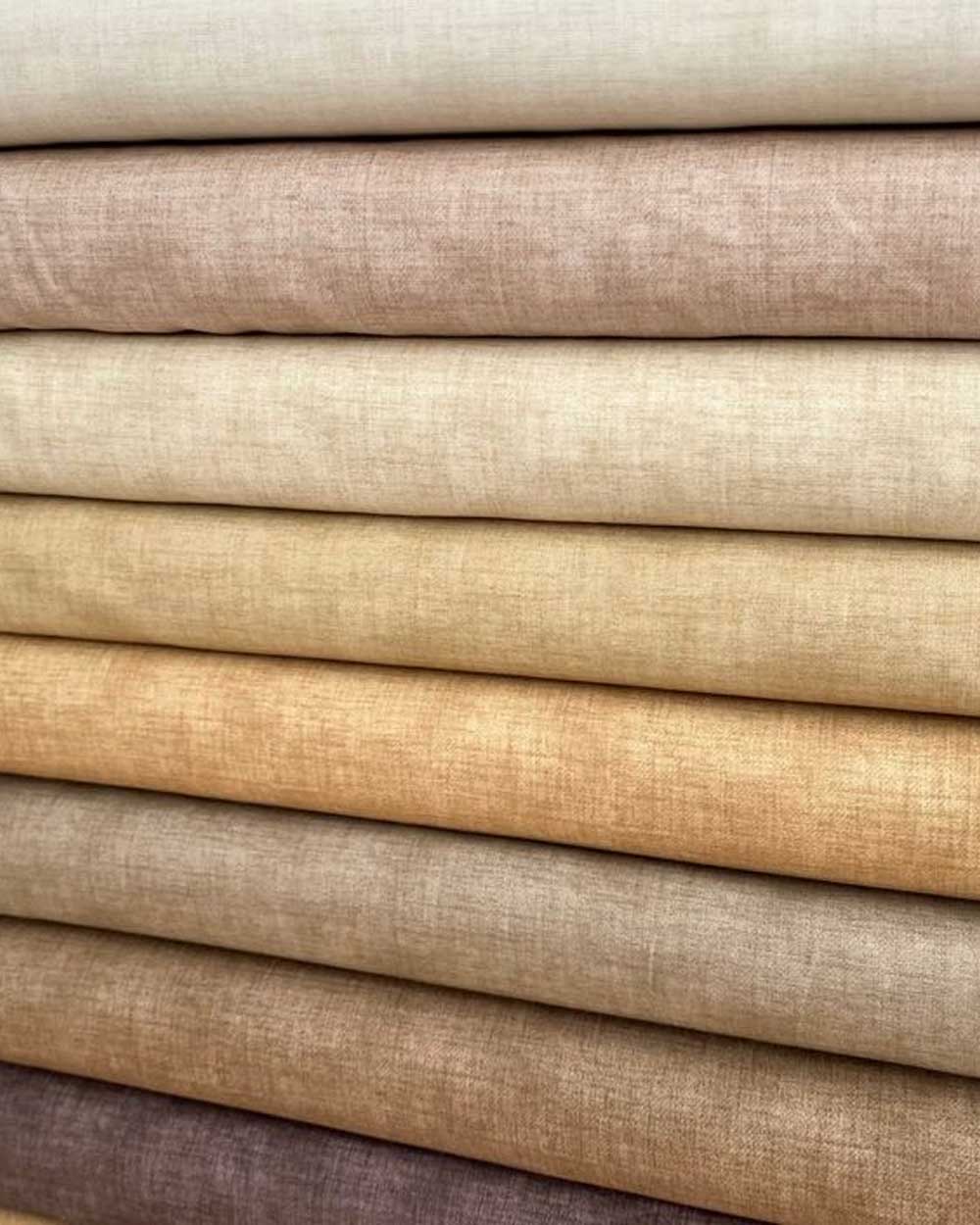

Eco-conscious and sustainable practices in clothing have become a cornerstone of Neo Boho fashion style.
The fashion industry’s growing emphasis on sustainability echoes this trend, with increased demand for ethical production methods and materials like organic cotton, linen, and recycled textiles.
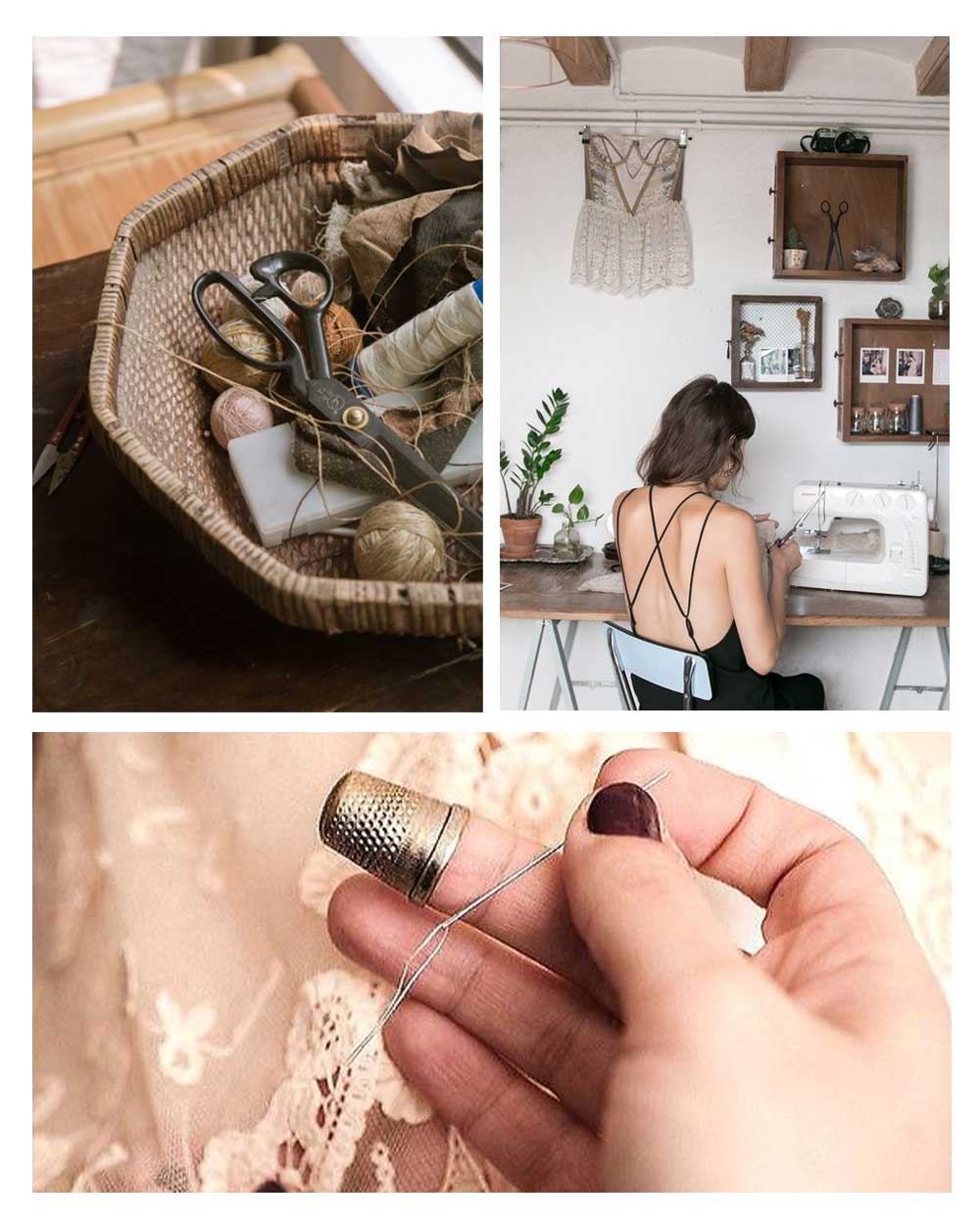

Celebrity influencers like Zendaya and Florence Welch continue to drive the Neo Boho style at the red-carpet events by sporting boho blouses with billowing sleeves and embroidered detailing.
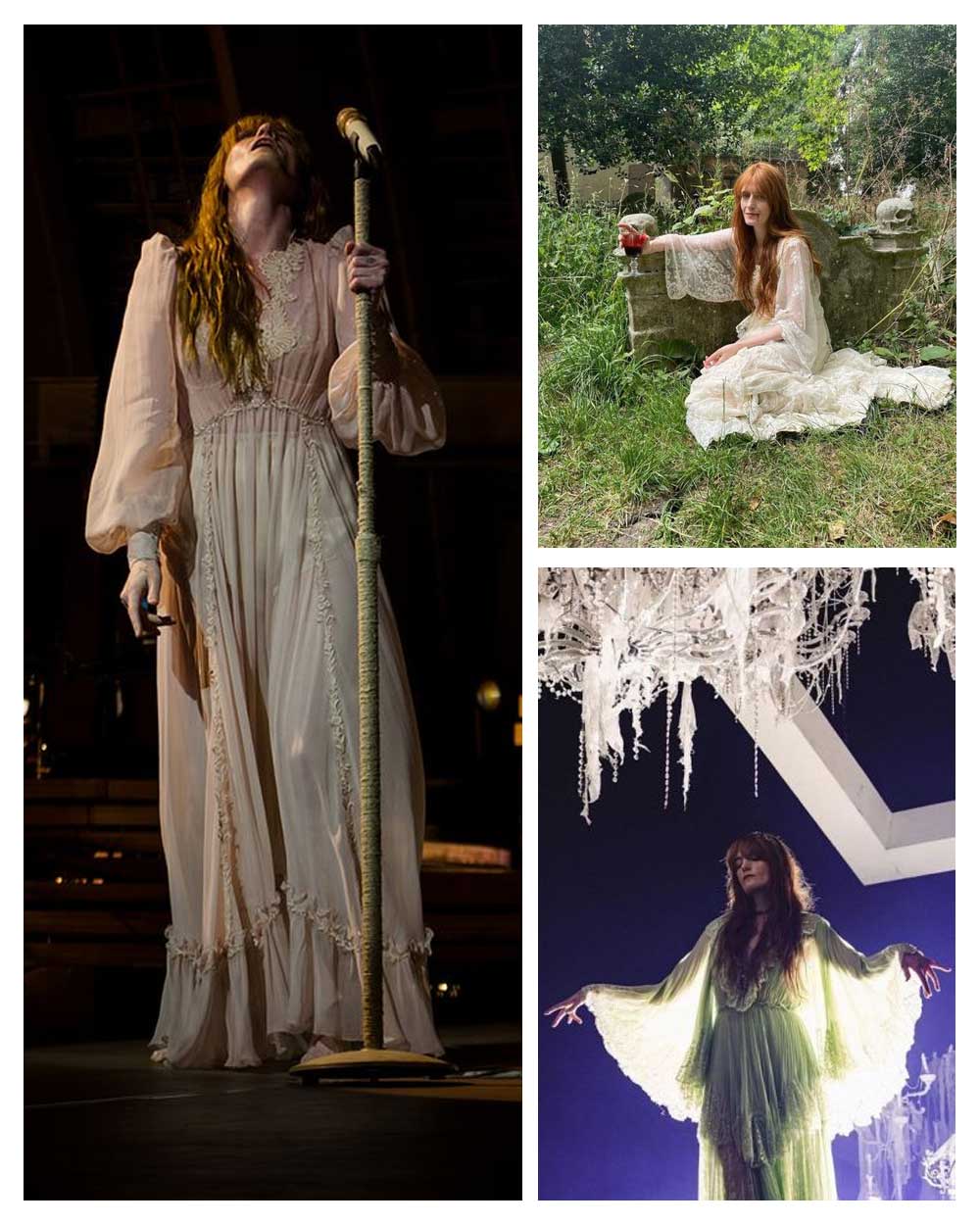

Notably, at the 2021 Oscars, Zendaya donned a rich yellow cut-out dress from Valentino, capturing the essence of the modern Boho fashion style.
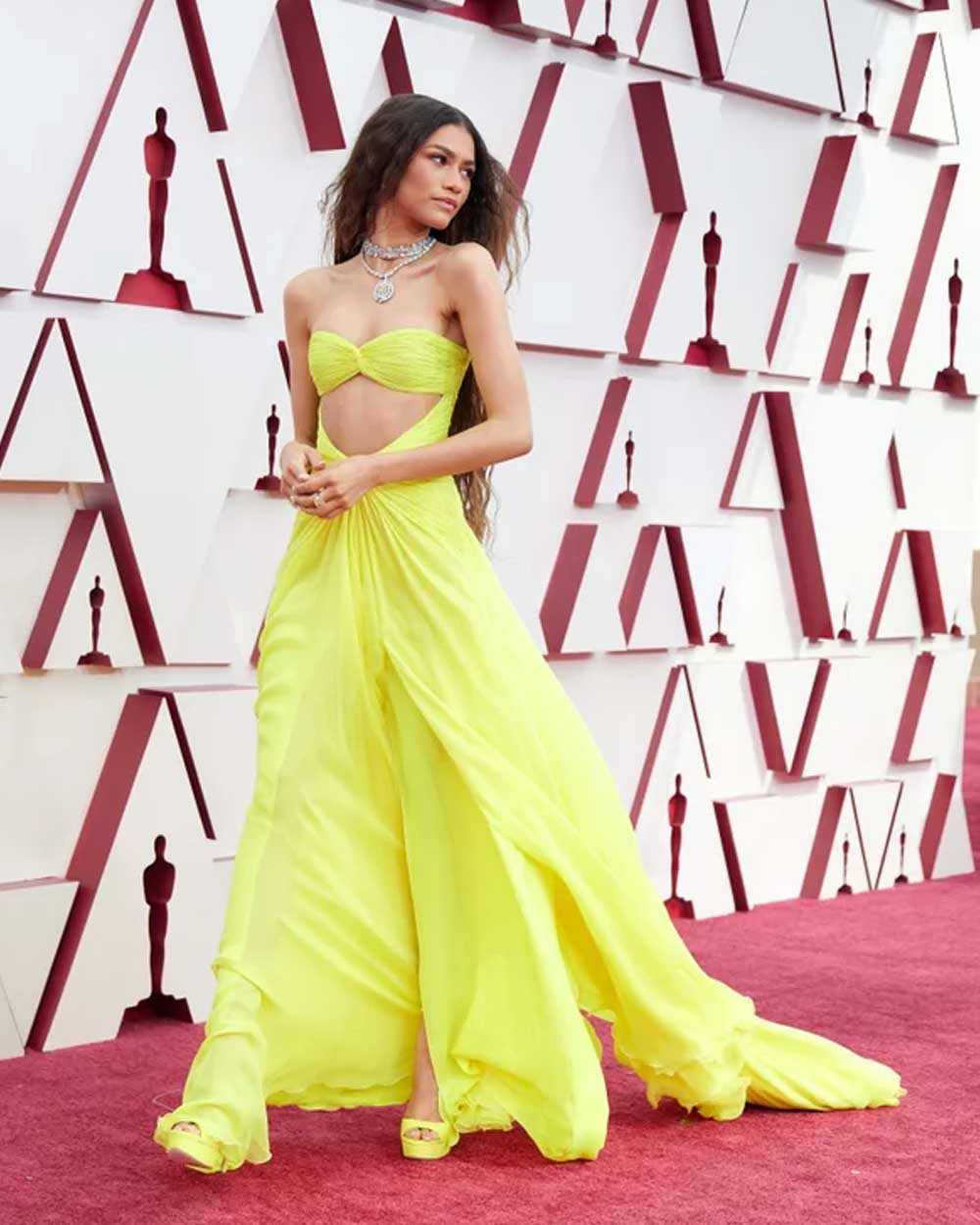

Fashion brands like Free People, Anthropologie, and Zara have capitalized on the Neo Boho trend, producing colorful collections grounded in Boho aesthetics.
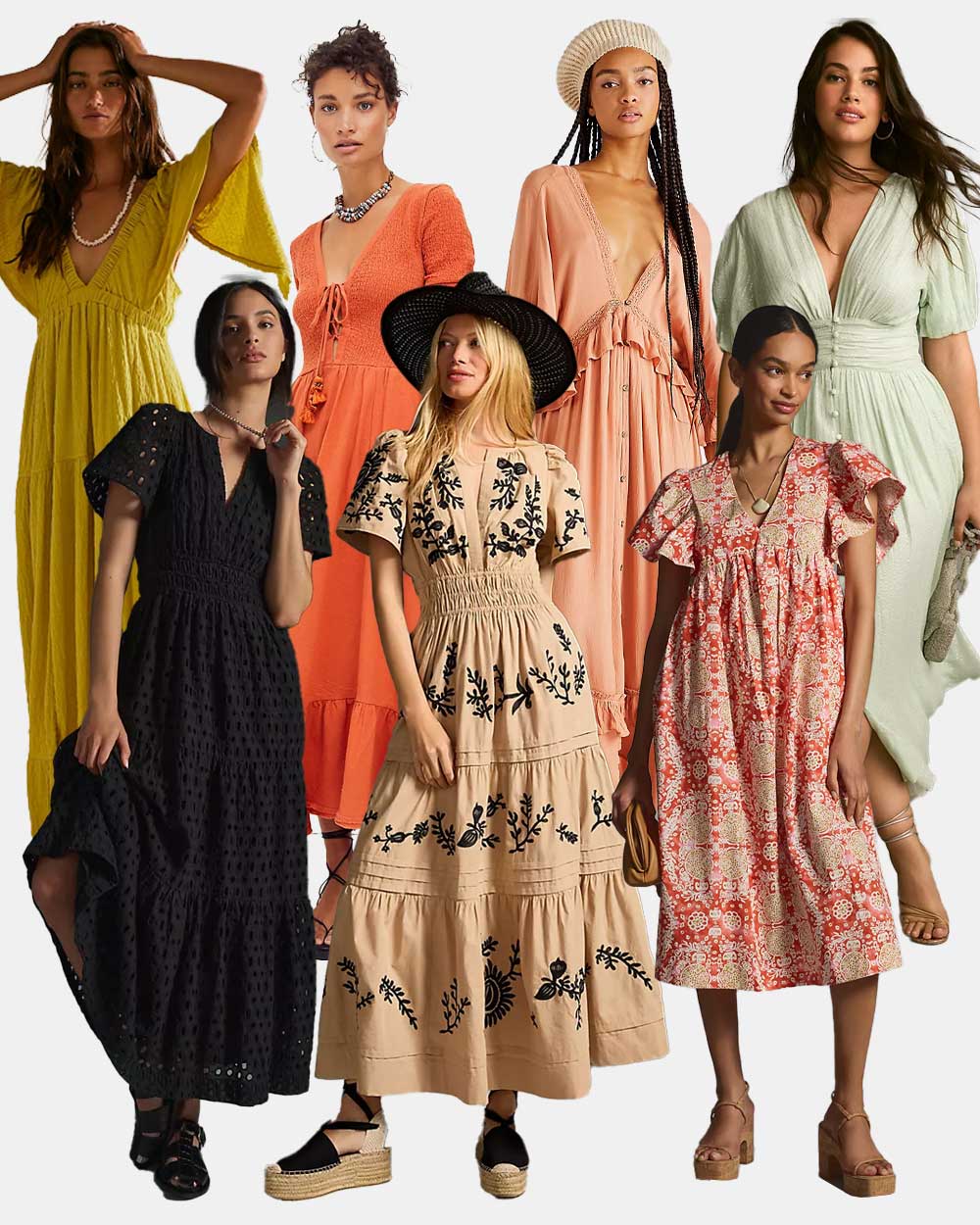

The brand’s offerings are featured in top fashion magazines and are a common sight at music festivals and fashion weeks.
In conclusion, the Modern Boho fashion style is a polished and eco-conscious incarnation of its former self, embracing minimalism and sustainability while honoring its values of freedom and individualism.
Weekly Newsletter
Keep up with the latest in fashion, beauty and style!
Championing sustainability and veganism from Sao Paulo to London, Ana Alves is a dynamic force in the fashion and beauty industry. With a decade-long writing career, Ana’s compelling narratives on sustainable fashion have graced the pages of Forbes, Wired, Vanity Fair, and more. Ana’s journey spans key roles at Unilever and Saatchi & Saatchi Wellness, where she honed her marketing acumen. As an Editorial Contributor at WTVOX and Fashion & Style Editor at The VOU, Ana shapes the discourse on sustainable fashion.

